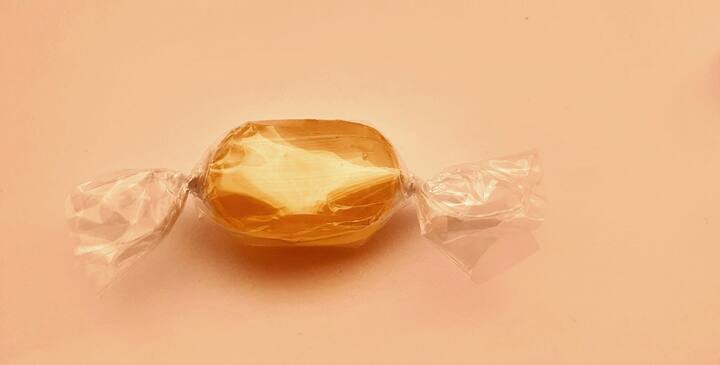
Food contact materials: amendment to Regulation (EU) No 10/2011 by Regulation (EU) 2025/31
17th April 2025
Food contact materials: amendment to Regulation (EU) No 10/2011 by Regulation (EU) 2025/31
This is a premium article. Premium articles are part of the Normec Foodcare Knowledge Centre subscription. All knowledge and experience from every area of expertise is brought together in the Knowledge Base. Here you will find all relevant information about various product groups and legislation. Curious? Read what the Normec Foodcare Knowledge Centre can offer you.
In 2025, important changes were made to Regulation (EU) No. 10/2011, which concerns plastic materials and articles intended to come into contact with food. These changes are laid down in Commission Regulation (EU) 2025/351, published on 24 February 2025.
The most important changes
Increased purity requirements
Stricter purity requirements have been introduced for substances used in the manufacture of plastic materials and articles intended to come into contact with food. This is intended to ensure the safety and quality of these materials. Subject Amendment of the definition of “specification” in Article 3: The term “specification” has been revised and now explicitly includes purity requirements for substances. This amendment emphasises the importance of purity for substances used in plastic materials and articles intended to come into contact with food.
“Specification”: “the composition of a substance, purity requirements for a substance, physical or chemical properties of a substance, details of the manufacturing process of a substance or further explanation of how the migration limits are expressed”.
Extension of the regulations to recycled plastics
The regulation has been amended to also regulate recycled plastic materials and articles. This includes amendments to Regulation (EU) 2022/1616, with the aim of promoting and controlling the use of recycled plastics in food contact materials. Below is an overview of the amendments.
Integration of recycled plastics
: The regulation extends the existing legislation by including specific provisions for recycled plastic materials and articles intended to come into contact with food. This means that recycled plastics are now explicitly covered by the scope of Regulation (EU) No 10/2011.
Reference to Regulation (EU) 2022/1616:
Materials and articles made from recycled plastic must comply with the requirements of Regulation (EU) 2022/1616, which lays down specific rules for recycled materials in contact with food. This Regulation emphasises decontamination processes and requires the demonstration of three levels of safety: recycling technology, recycling process and recycling facility.
Repeal of Regulation (EC) No 282/2008
: With the introduction of Regulation (EU) 2025/351, Regulation (EC) No 282/2008 has been repealed. This updates the rules for recycled plastics and brings them into line with the latest insights and technologies.
Implementation and transition period
Materials and articles that comply with the previous version of Regulation (EU) No. 10/2011 may be placed on the market until 16 September 2026, provided they were placed on the market for the first time before that date.
These changes highlight the EU's ongoing efforts to improve the safety and quality of materials that come into contact with food, with a special focus on the increasing integration of recycled materials.
Ban on Bisphenol A (BPA)
As of 20 January 2025, the use of Bisphenol A (BPA) in food contact materials will be banned within the EU. This measure is laid down in Regulation (EU) 2024/3190 of the European Commission and aims to minimise consumer exposure to this harmful substance.
Background and reasons for the ban
BPA is a chemical substance that was mainly used in the production of certain food contact materials, such as epoxy resins for coatings in metal food and beverage cans and durable plastics for reusable drinking bottles or food transport equipment. Due to the health risks associated with BPA, including hormonal disruption, the European Commission has decided to impose a total ban on the use and marketing of BPA in food contact materials.
Consequences for the industry
Manufacturers who used BPA in their products must now switch to alternative, safer substances. This ban applies to a wide range of food contact materials, including:
Reusable plastic bottles
Coatings for metal cans
Water coolers
Although the ban on BPA came into force on 20 January 2025, transitional arrangements have been put in place to give the industry time to adapt. For example, single-use food packaging produced before this date and complying with the previous regulations may be placed on the market until 20 July 2026. For certain products, such as packaging for the preservation of vegetables, fruit or fish, a longer transition period applies.